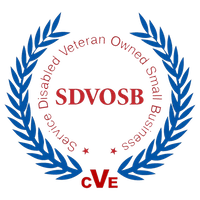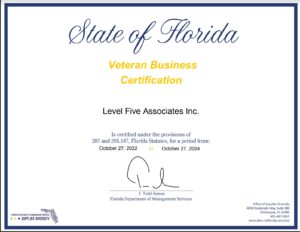Humility and Leadership
“Sense shines with a double luster when it is set in humility. An able and yet humble man is a jewel worth a kingdom.” William Penn
Seems paradoxical, doesn’t it? Why would the best leaders even value humility, much less personify it? Author Gadadhara Pandit Dasa wrote about this paradox in a recent Huffington Post blog:
“Our gut response might be “humility and leadership can’t possibly go hand-in-hand. They blend as well as oil and water.” …..Humility is a term that is generally referenced by preachers in the pulpit, encouraging their congregations to “turn the other cheek.” …….[yet] “It takes humility to recognize and admit one’s weaknesses. The admission doesn’t need to take place in front of everyone, but at least to the person in the mirror. Without acknowledging our weak points, we can’t improve upon them and grow.” (October 27, 2014).
Jim Collins wrote in a 2005 article in the Harvard Business Review that Level Five leaders have these core qualities:
- Humility
- Will
- Ferocious resolve
- The tendency to give credit to others while assigning blame to themselves
And in his book, The One Minute Manager, Ken Blanchard states:
“People with humility do not think less of themselves; they just think about themselves less.”
Humility means being honest with yourself. When a leader can demonstrate honesty and look back on his or her actions and behavior, it will provide a tremendous opportunity for personal development. Acts of humility, such as admitting mistakes in After Action Reviews, create an environment of trust. Humble leaders are trusted leaders. A wide range of recent studies across industries and organizations indicate humility is fundamental to serving those we lead – and it is the cornerstone of demonstrating that people and their initiative are valued.
So what can you do to foster humility in yourself and others? Here are some practical tools:
- Share your mistakes in front of your team. Be transparent and model good behaviors.
- Conduct After Action Reviews after every major project or task.
- Ask others what they think before you decide. Practice active listening.
- Empower others to lead. Develop leaders, not followers.
- Avoid the use of terms like “I” and “me” unless things go wrong. Then use them.
- Speak last at meetings, not first.
- Seek input and feedback regularly. Conduct an 360 assessments and an organizational survey of “says v. does.” Then act on the results.
Your team will respond positively to these steps, especially when you are persistent in employing them. Humility is not a “flavor of the month.” We all know what it’s like to work for someone with a big head and no ears…..
The journey to Level Five leadership is long and hard. But your people deserve no less than your total commitment. The best leaders are humble leaders. Become that leader.
Read our other posts about leadership.





